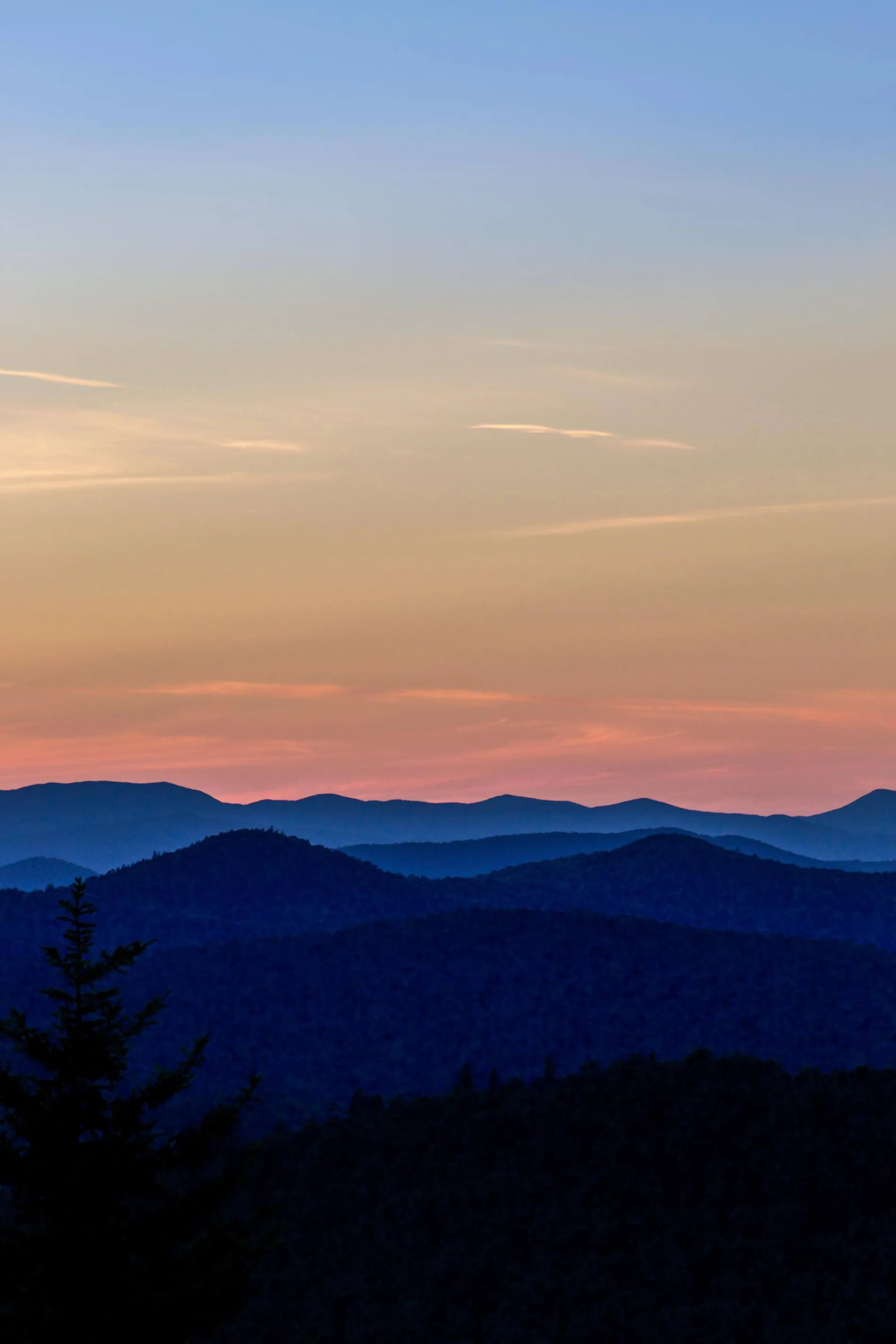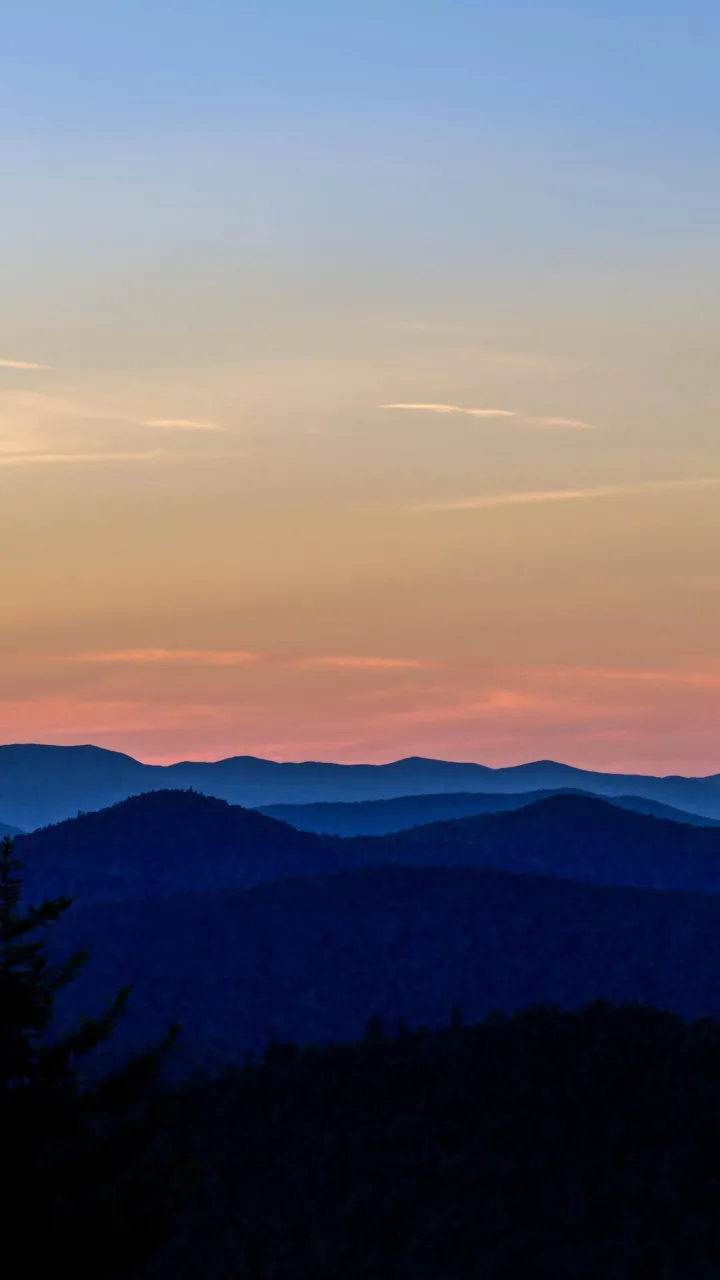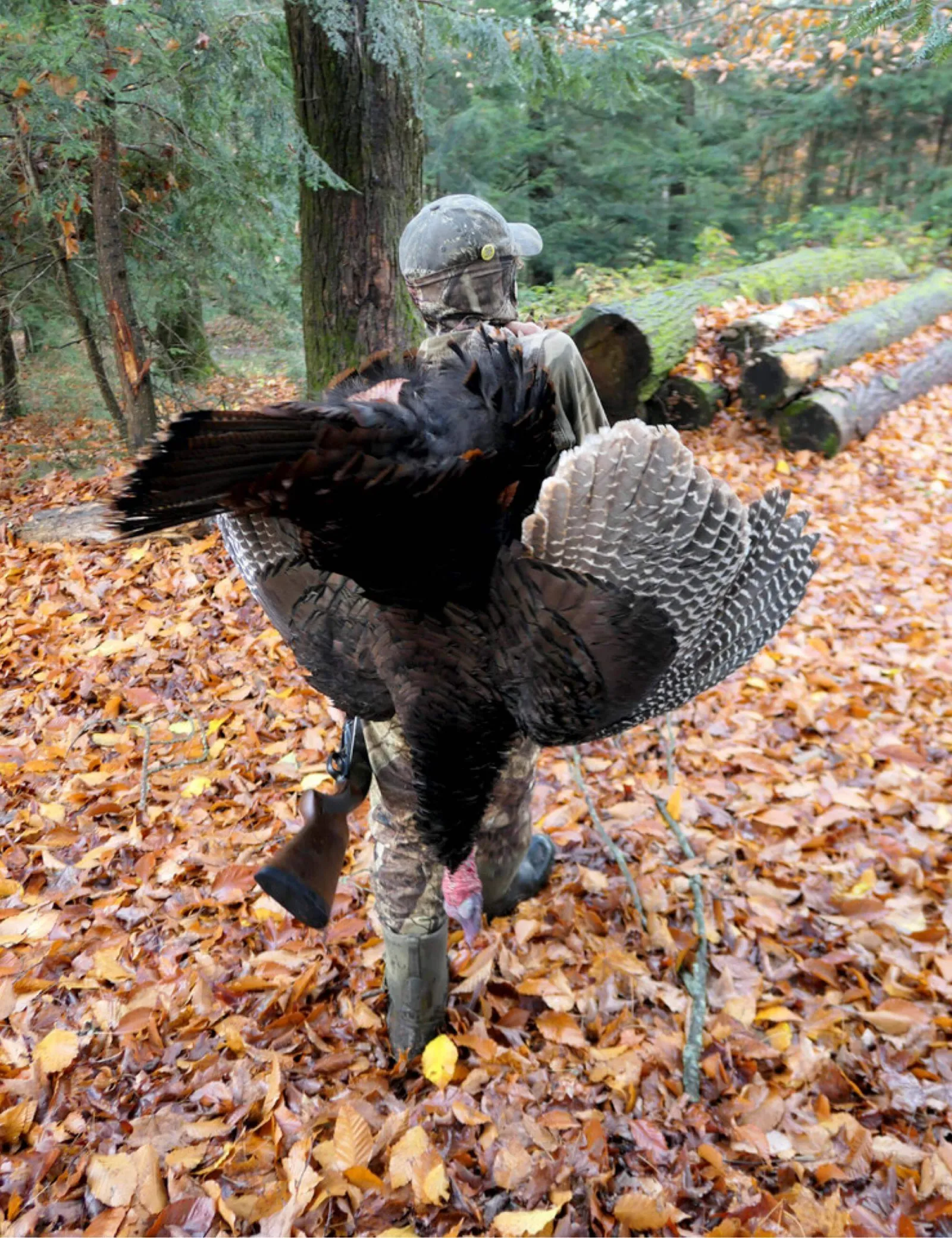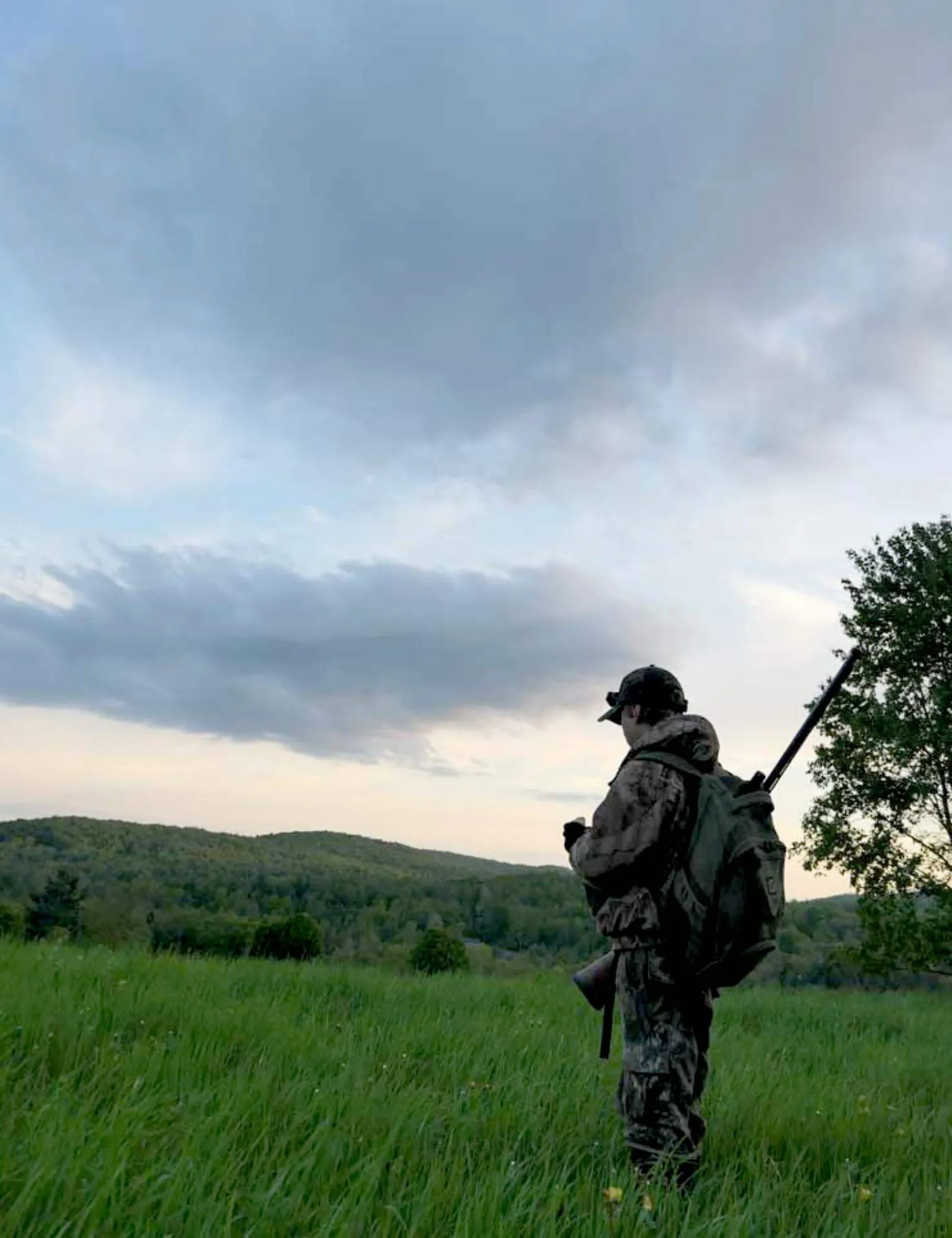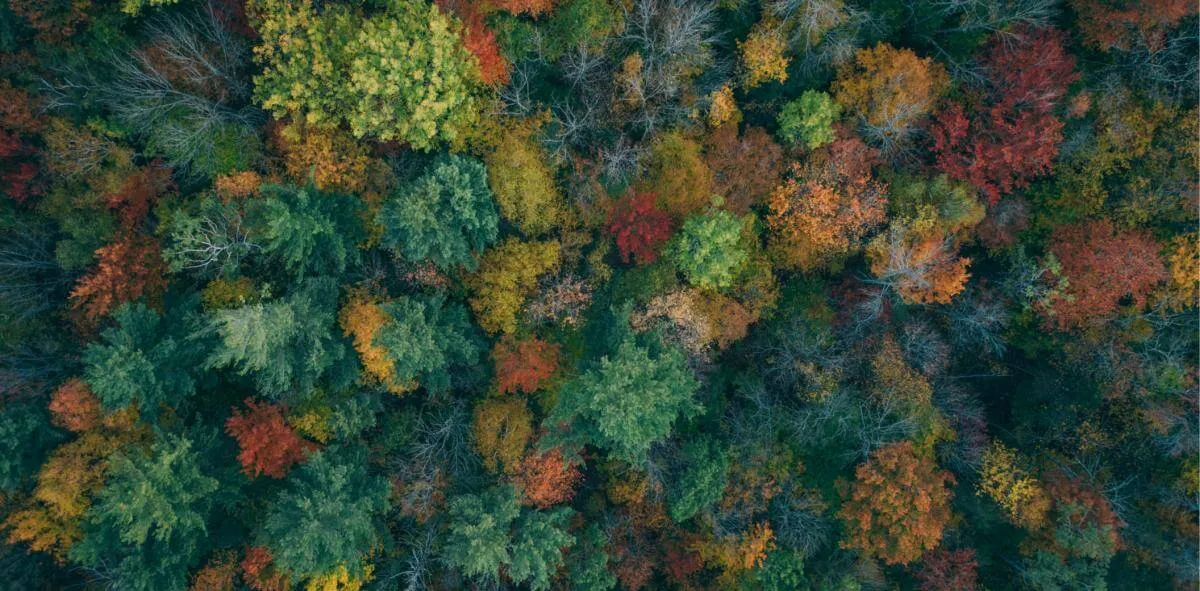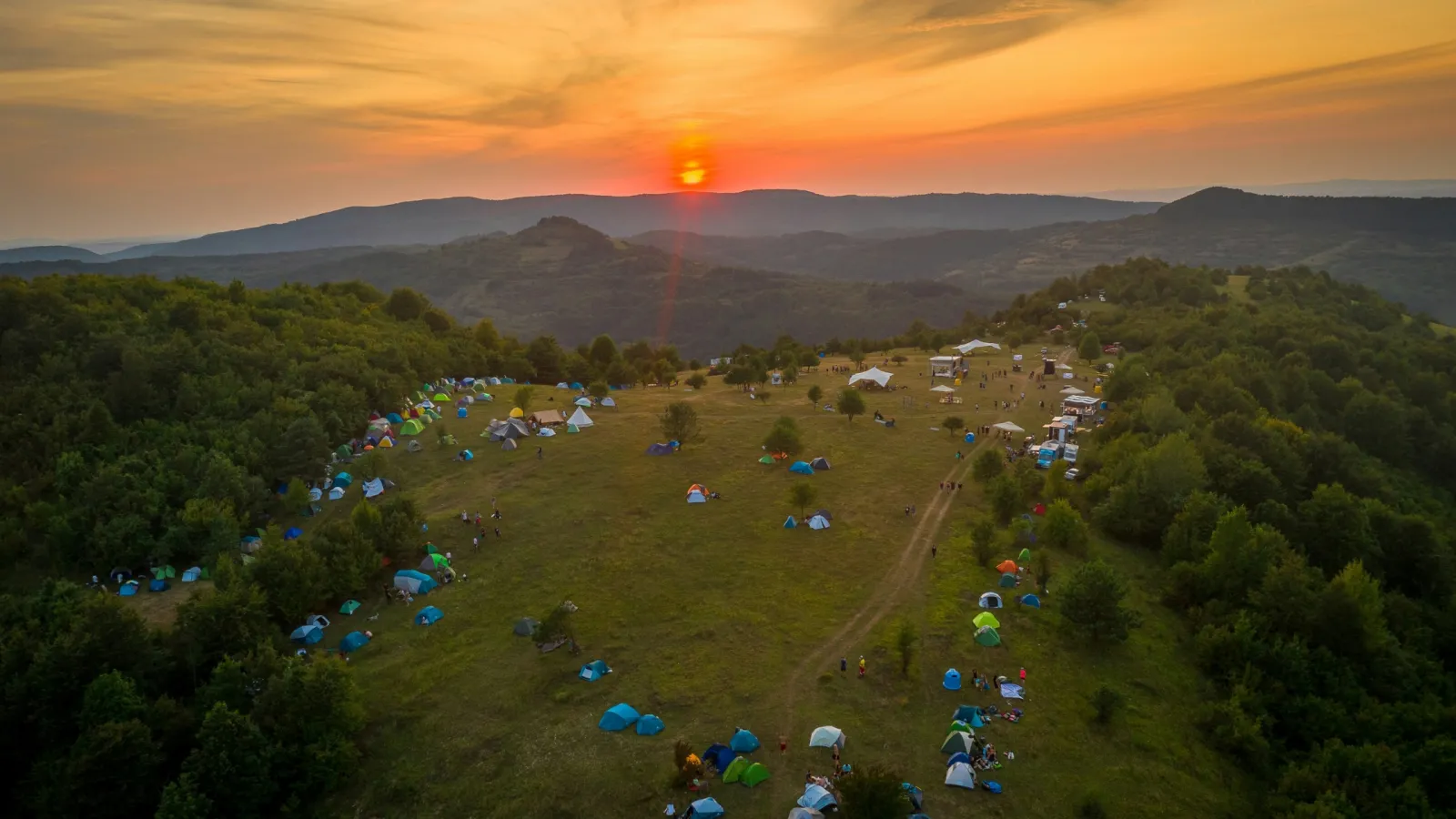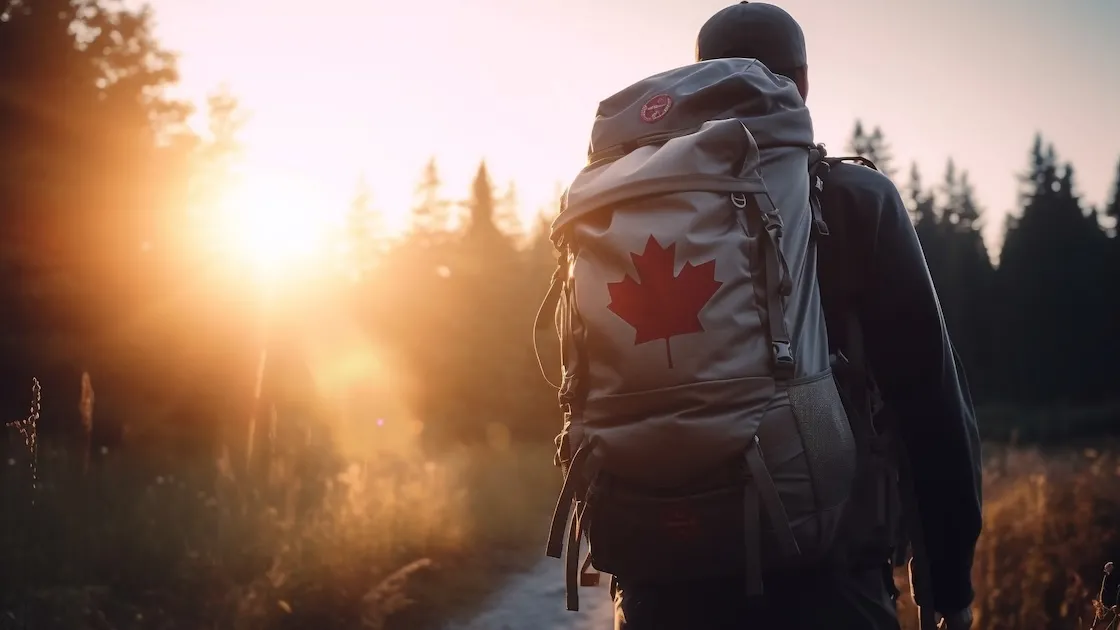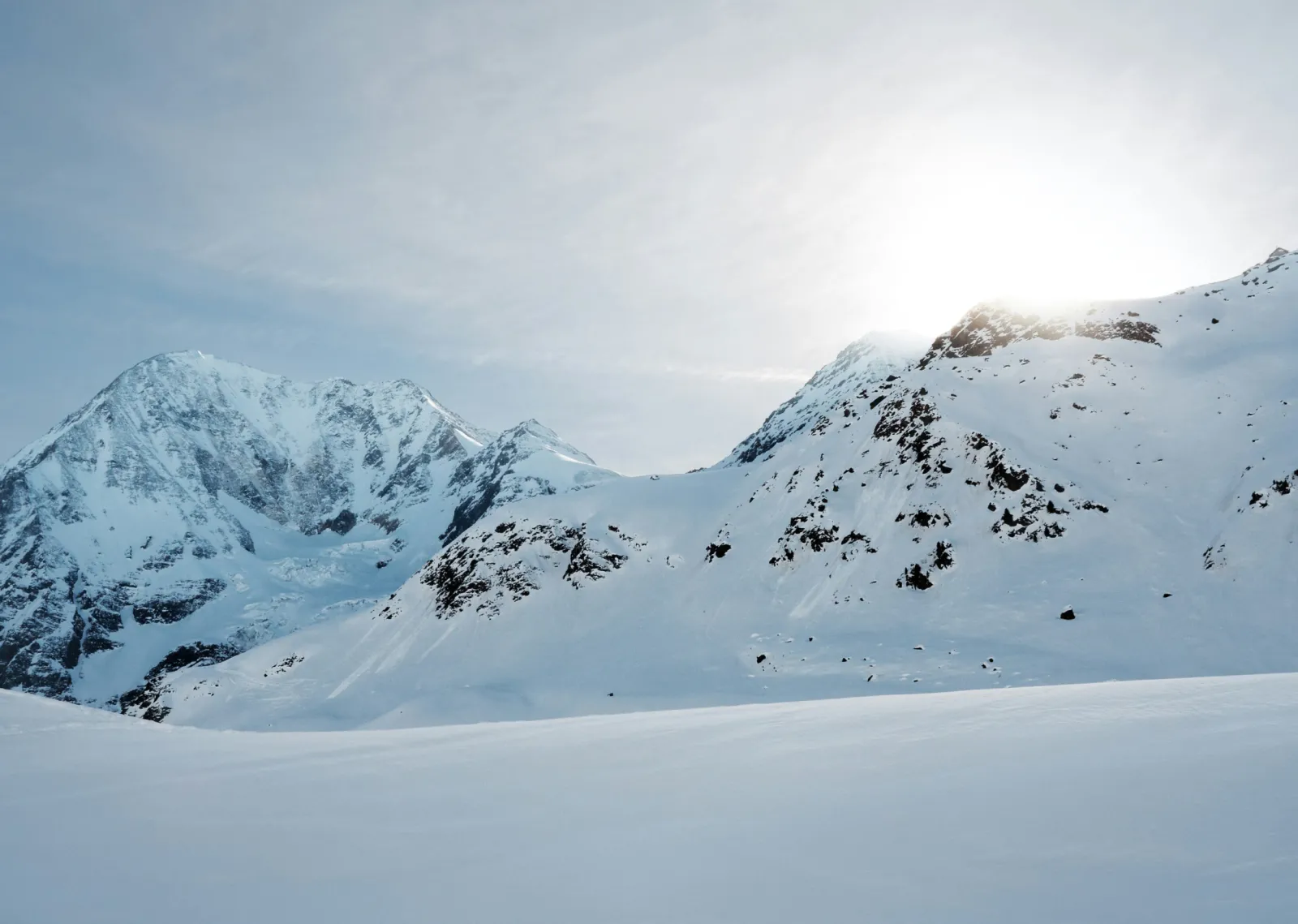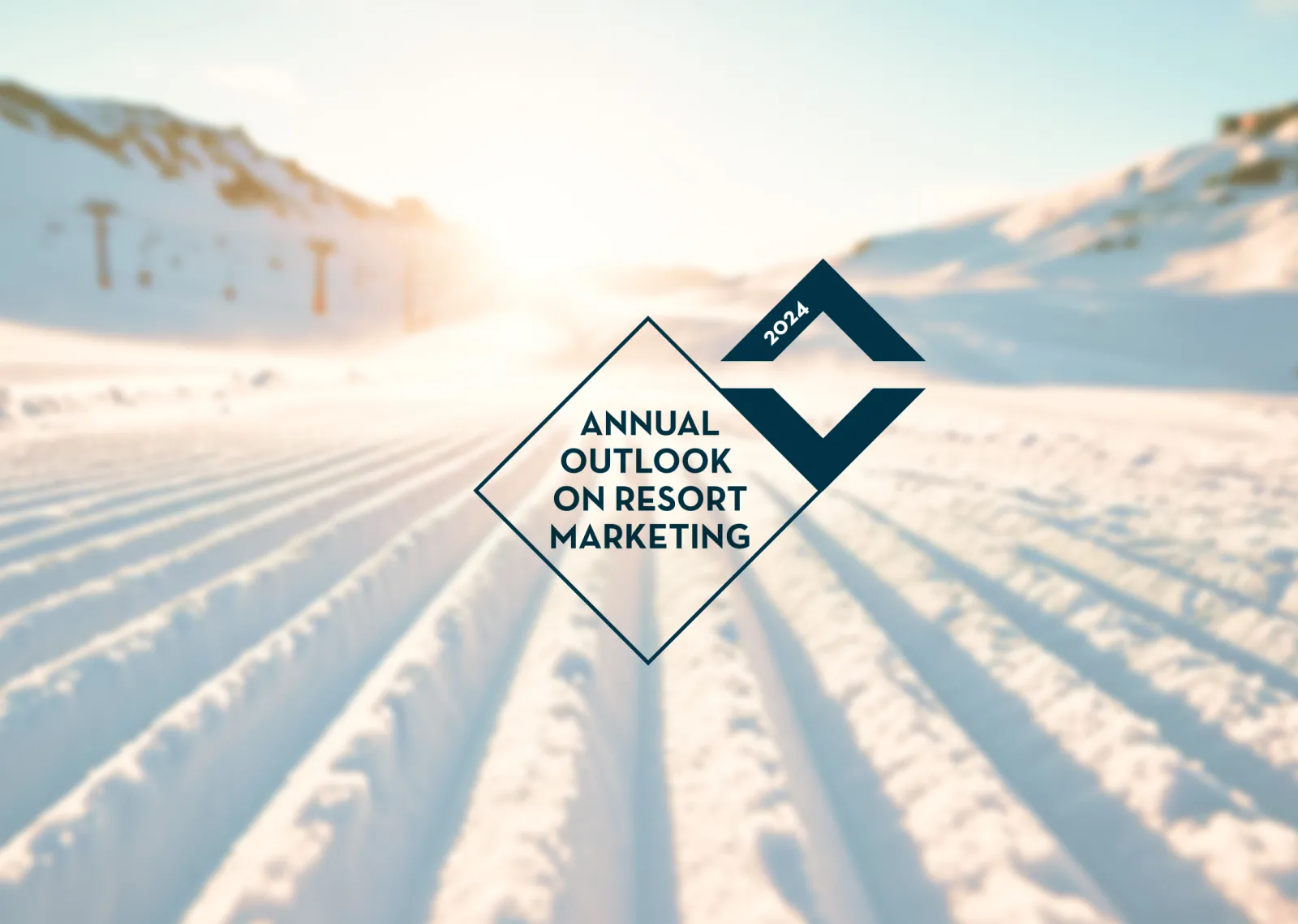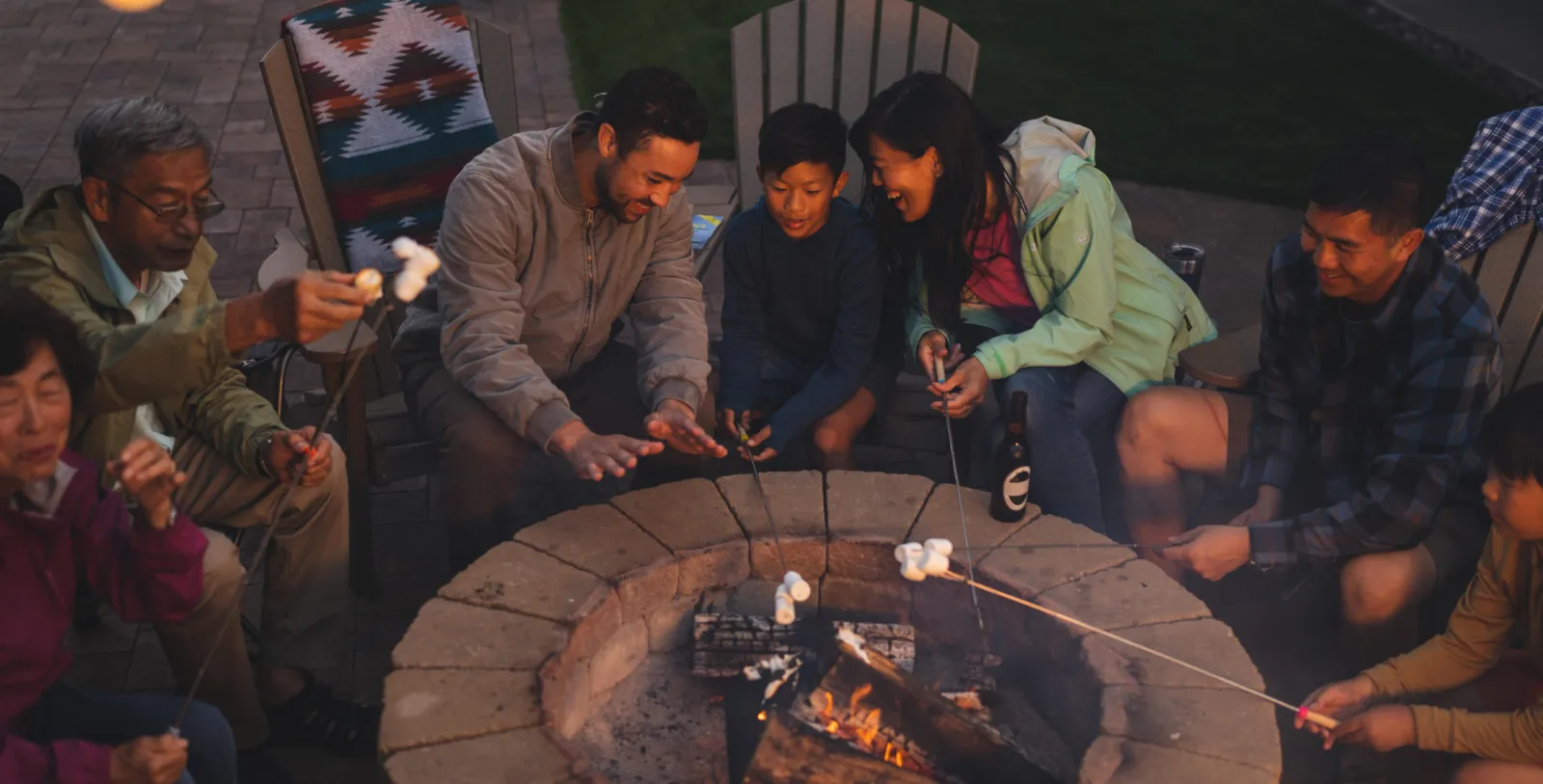The great equalizer
When my sons were 10 and 7, respectively, they became obsessed with hunting. This wasn’t a complete surprise - we live in rural Vermont, in a working class community that’s populated by outdoors people of all stripes, and they’d grown up on a small farm, where livestock are raised for consumption - but it did present a conundrum: Neither my wife nor I had grown up hunting; we simply didn’t have the necessary skills, nor did we have much experience with firearms. We weren’t opposed to the idea of hunting, but we didn’t know how to go about supporting our sons.
With the benefit of hindsight, I can now say we needn’t have worried for even a second because among the hunting community, we found an almost overwhelming outpouring of support and mentorship. It seemed that everywhere we turned, there was another hunter offering to take our boys into the woods, or to provide them with essential gear, or to share their favourite hunting spots, or just to talk to them. As someone whose outdoor experience is oriented primarily around skiing and cycling, I can tell you that these sports have a lot to learn from the hunting community about creating a warm and welcoming environment for new participants.
Over time, I learned something else from many of these generous hunters: That many of them inhabited a region of the political spectrum that was unfamiliar and, frankly, uncomfortable to me. Perhaps this should have come as no surprise: after all, a 2012 poll conducted by the National Wildlife Federation found that 42% of hunters and anglers identified as Republican, while only 18% called themselves Democrats. Ideologically, the divide was even more stark: 50% called themselves conservative, and a mere 10% selected liberal.
Maybe you’ve figured this out already, but I’m about as bleeding heart liberal as it gets, particularly when it comes to social issues. With few exceptions, my vote - both in national and local races - invariably goes to the candidate who speaks most ardently to my belief that comprehensive health care is a basic human right, that climate change warrants urgent and drastic action, and that contemporary levels of economic inequality are not mere unjust, but flat out immoral.
Like most Americans - indeed, like most people of any nationality, I’d wager - I tend to surround myself with those who share my beliefs, and with whom I can commiserate. Naturally, this leads to a predictable outcome: The more time I spend with those who share and confirm my perspective, the more it solidifies, and the more uncomfortable it becomes to objectively consider the beliefs of those whose views do not align with my own. This is no original thinking on my part, nor is it original thinking to point out the myriad ways in which technology in general and social media platforms specifically have only exacerbated this tendency. The less interaction we have in real life, the fewer opportunities we are granted to truly know the person beyond the narrow realm of their social media postings or likes. Perhaps more tragically, we slowly lose the capacity to acknowledge that everyone’s lived experience is at once entirely different than ours and also completely legitimate, and that a person’s beliefs are invariably informed by that lived experience.
Here in the US, we are constantly reminded just how politically polarized our country has become. At face value, this appears to be true, and perhaps in some regards, it is true. But I think it is equally true that many of us don’t want to be so polarized and are hungry for connections that run deeper than political bias and social group affiliation rooted in that bias.
The outdoors can do something pretty special, if we let it. By virtue of its beauty and grandeur, by dint of its physical demands and the triumphs we realize when we meet them (or even the disappointment we experience when we fail), and thanks to the camaraderie we feel when we share these things, it strips of our biases. It is helpful, too, that the outdoors often compels us to leave behind so many of our common identifiers: No matter what we drive - Prius, pickup, or Porsche - and no matter what stickers we might affix to our bumpers - NRA, NPR, or Namaste - it all gets left behind in the parking lot. In short, the outdoors offers a rare opportunity to leave our prepackaged identities at the door, and step into something bigger, deeper and ultimately more true.
Over time, I stopped viewing the hunters who helped my sons primarily through the prism of the bumper stickers on their trucks, or their politically-leaning Facebook posts, and instead began to view them through the prism of their generosity, their love of the outdoors and their kindness toward my boys. I won’t pretend this was easy; indeed, it’s demanded a certain amount of conscious intent, particularly in an era when polarization feels so acute, and is so often leveraged for political gain.
But easy or not, it’s been worth it, because it has helped me to see that no matter what I think of their politics, these men and I have much in common: We like to be outdoors. We love the place we live. We care about the wild places. And we want my sons to succeed. I suppose it’s a cliché to suggest that we all have more in common than we don’t, but then, clichés generally become clichés for a reason, and right now, this seems like one we could all stand to be reminded of.
The truth is, I think that many of us are tired of feeling so polarized, and weary of being told it’s just how things are, and how they must be. I think we’re ready to look beyond our political and ideological boundaries, beyond our screens and our bumper stickers. We’re ready to embrace the idea that diversity isn’t merely about the colour of our skin, our sexual orientation, or the pronouns we use: It’s also about our political affiliations, our ideologies, and the life experiences that have given rise to these beliefs. And I think the outdoor industry, for all the reasons mentioned above, has a unique opportunity to lead the way in bridging the political divide.
Let me be clear: This does not mean we stop fighting the battles we must fight (and win!) to save the places, people, and creatures we care about so deeply. There are very real political issues directly impacting our industry and our personal connection to the outdoors, and we should not allow our quest for inclusivity to derail our efforts. Here’s what we can do: Remember that even those with whom we do not agree politically have a place in the outdoors and a connection to it that feels as real and meaningful to them as ours does to us. And it is out there, in the snow and under the sun, in treestands and on the trails, beyond the reach of slogans, screens, and screeds, that perhaps we can begin to remember what it really means to be human together.
To subscribe to our Origin Outside monthly newsletter, visit https://www.originoutside.com/newsletter.
We are a digital marketing agency offering a full suite of creative services to tourism and outdoor sports businesses that want to improve their branding and reach.
For more information, please contact us online.
